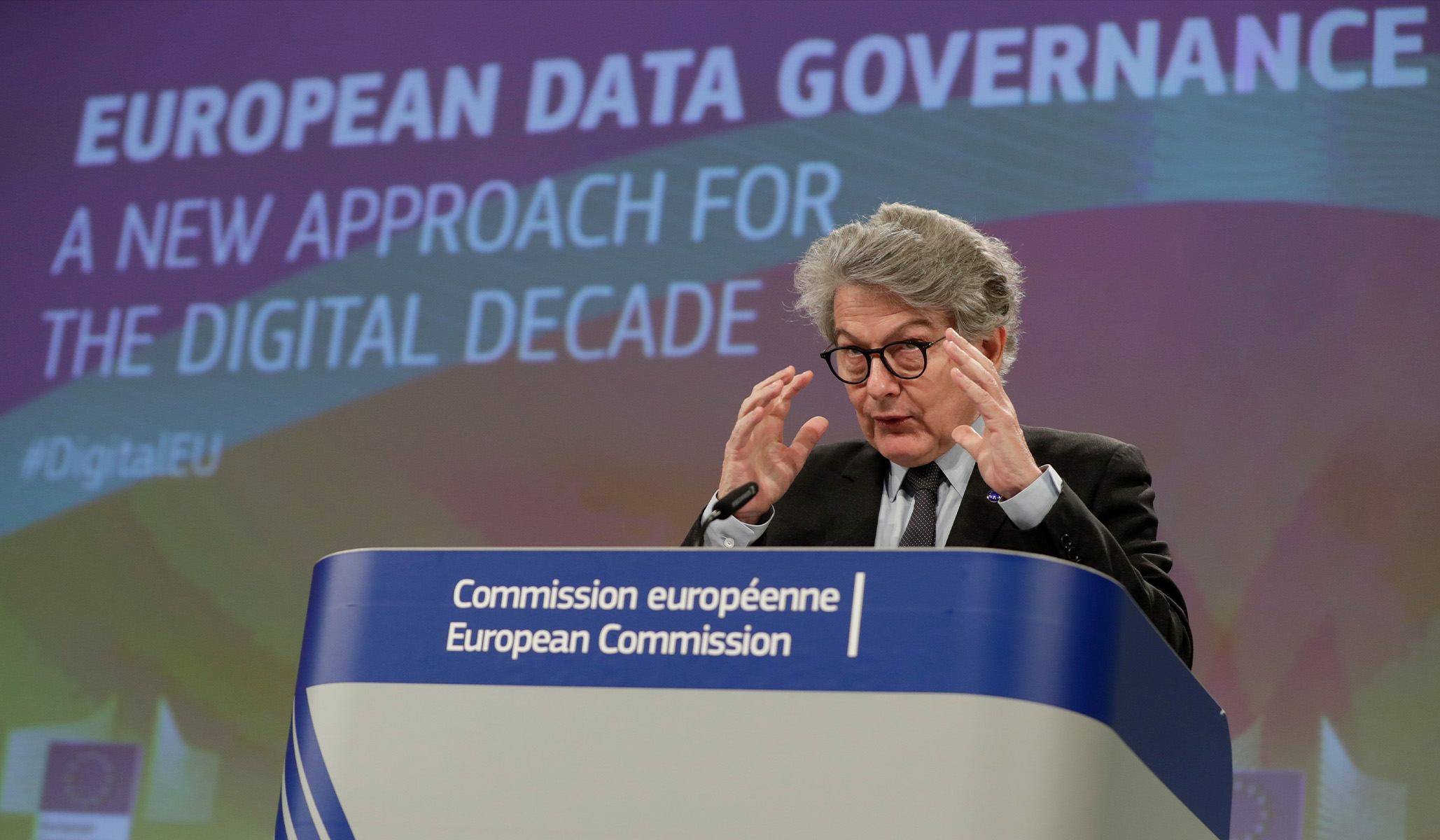Europe’s Crackdown on Free Speech: Implications for American Social Media
As US social media companies expand their global reach, they face increasing pressure from regulators who may not share American notions of free speech. The European Union’s (EU) recently implemented Digital Services Act (DSA) has ignited a debate about the extent of EU regulatory authority over American companies operating in Europe.
Thierry Breton, the EU’s single-market commissioner, has been vocal in his assertions of the EU’s power over online content, specifically targeting Elon Musk and his platform, X. Breton’s public statements have raised concerns about election interference and the erosion of American free speech principles.
The DSA imposes significant obligations on social media companies, including reporting requirements and the monitoring of content. Companies designated as “very large” face particularly stringent regulations. Concerns arise when these companies do not have the technical capability to tailor content on a country-by-country basis. The consequence of non-compliance could be the removal of content that is legal in the US but restricted in the EU.
Furthermore, the DSA’s broad definition of “harmful” content, encompassing categories like “disinformation” and “misinformation,” has raised fears of censorship. The substantial fines for violating DSA requirements could incentivize social media platforms to err on the side of caution and adopt EU-style censorship policies, even for American users.
This situation poses a dilemma for American social media companies. If they comply with EU regulations, their content moderation will be subject to EU standards, potentially limiting the free expression of American users. On the other hand, if they resist, they risk the imposition of heavy fines. Some platforms may choose to cut off service to certain European countries to avoid compliance.
To address this challenge, American authorities must assert their commitment to free speech and engage with EU policymakers to find common ground that protects both the rights of internet users and the legitimate concerns of EU regulators. American social media companies should also consider strategies to safeguard their American users from excessive censorship, such as ring-fencing EU content or exploring legal challenges against the DSA’s provisions.
The EU’s crackdown on free speech is a serious threat to the open and democratic exchange of ideas online. As the internet becomes increasingly globalized, it is crucial that different jurisdictions find ways to reconcile their varying approaches to content regulation while preserving the fundamental principles of free speech.



